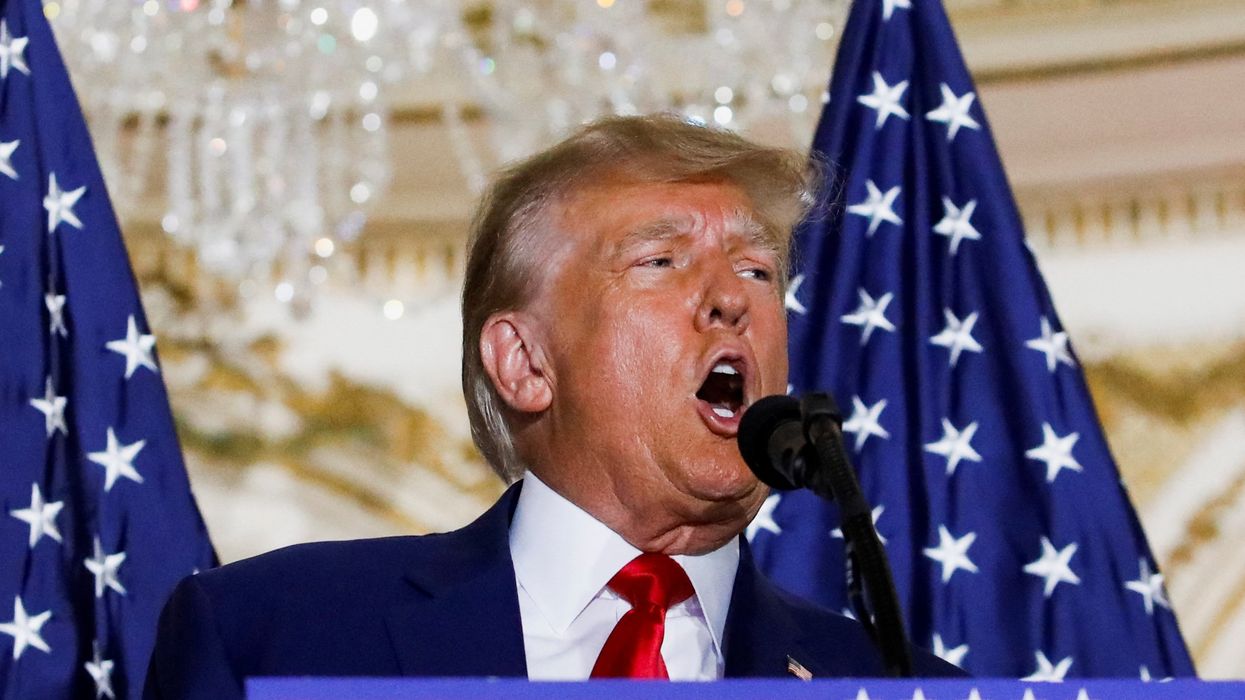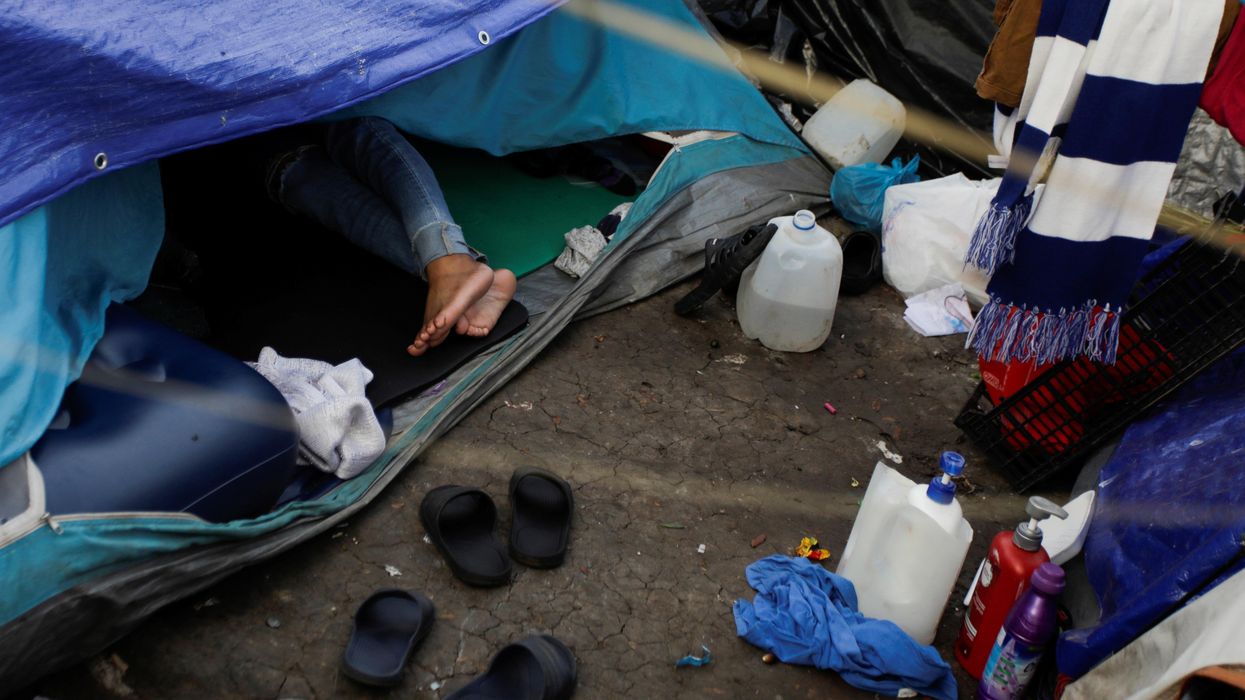News
Hard Numbers: Trump leads early, NPR & PBS quit Twitter, stopgap for Darien, global warming juices baseballs
FiveThirtyEight launched its national polling averages for the 2024 Republican presidential race this week, and Donald Trump leads the pack with 49.3% support.
Apr 12, 2023




